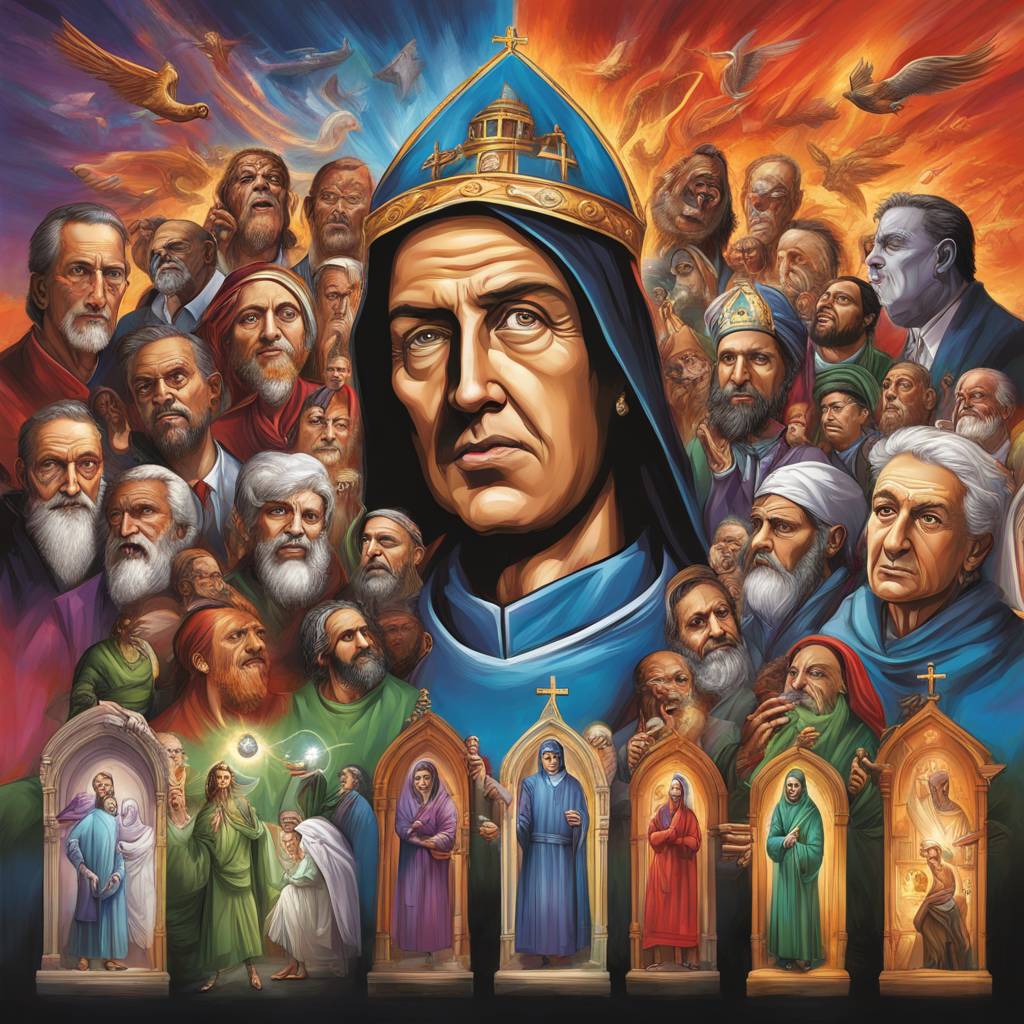The arrival of Pentecostalism in Australia in the 1980s was initially a small religious revival, but it gained mainstream popularity with the emergence of Hillsong. Previously, Pentecostalism was characterized by intense expressions of faith, such as speaking in tongues and falling over in the spirit. However, the movement has evolved to attract a broader demographic, including former Anglican and Presbyterian individuals, particularly those under 35. Chantal Morrill, a Pentecostal Christian in Melbourne, values her faith as a constant anchor in a changing world.
Migration has also contributed to the religious diversity in Australia, with an increase in Muslims, Buddhists, Sikhs, and Hindus. Approximately 10% of Australians affiliate with a minority religion, representing a 3.5% increase over the past 25 years. The Hindu population in Victoria has seen significant growth, with more than 214,000 Hindus residing in the state, thanks to migration from countries like India, Nepal, and Sri Lanka. Temples provide a sense of community and connection for new migrants of Hindu faith.
Islam has also experienced growth in Victoria, with the number of Muslims more than doubling in the past decade. Islam provides a sense of purpose for individuals like Zeinab Mourad, who acknowledges the challenges of practicing her faith in a secular society. The Sikh population in Australia, with a significant presence in Victoria, reflects the legacy of Punjabi and Indian migration waves. Additionally, Buddhism has seen an increase in followers as Asian migrants settle in Victoria.
While many religions are experiencing growth, some, like Judaism, are stagnating. The Jewish population in Australia has seen only a slight increase, attributed to factors such as dwindling migration and conversions to the faith. According to experts like Professor Cristina Rocha, the rise of various religions in Australia reflects the overall religious complexity and diversity in the country. There has been a shift away from institutional religion towards atheism, meditation, and mindfulness.
Rocha also warns of the risks associated with these shifts in religious beliefs, citing the rise of Christian nationalism and the “conspirituality” movement – a blend of conspiracy theories and spirituality. The spread of misinformation through these channels, particularly during the COVID-19 pandemic, has fueled anti-vaccination sentiments. Despite these challenges, Rocha emphasizes the benefits of religion and spirituality, such as offering hope and a sense of connection to something greater than everyday life. Religion continues to play a significant role in shaping individuals’ identities and communities in multicultural and diverse societies like Australia.













